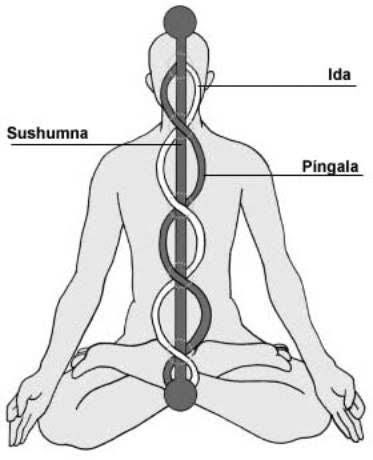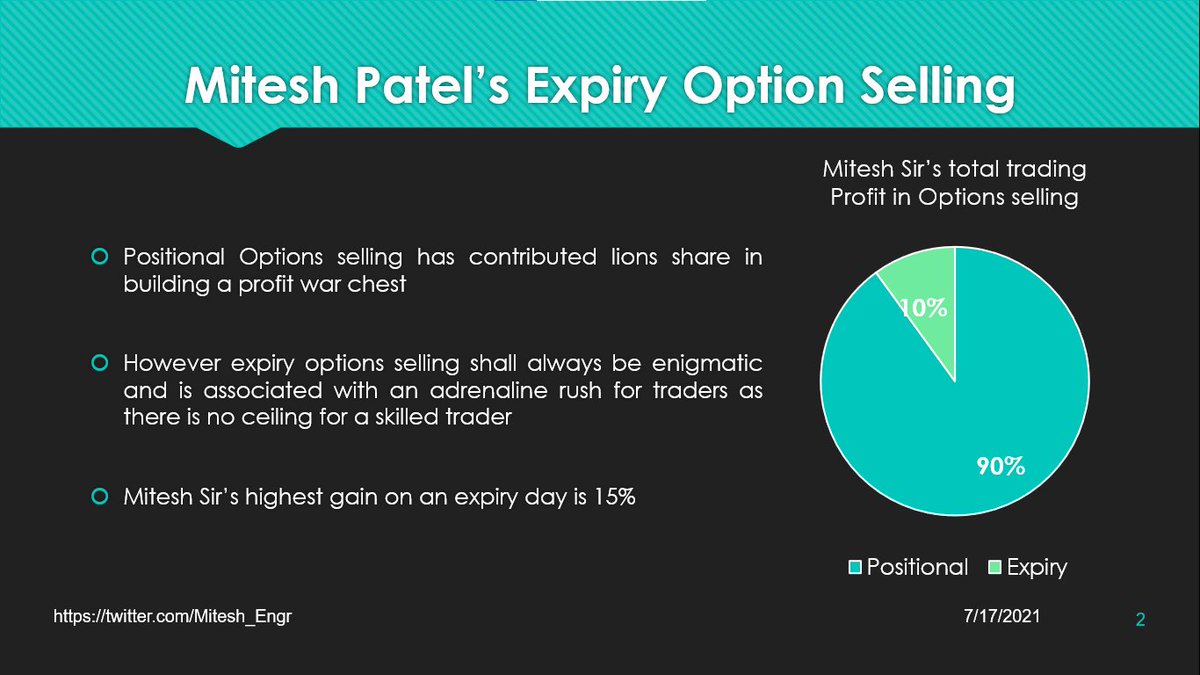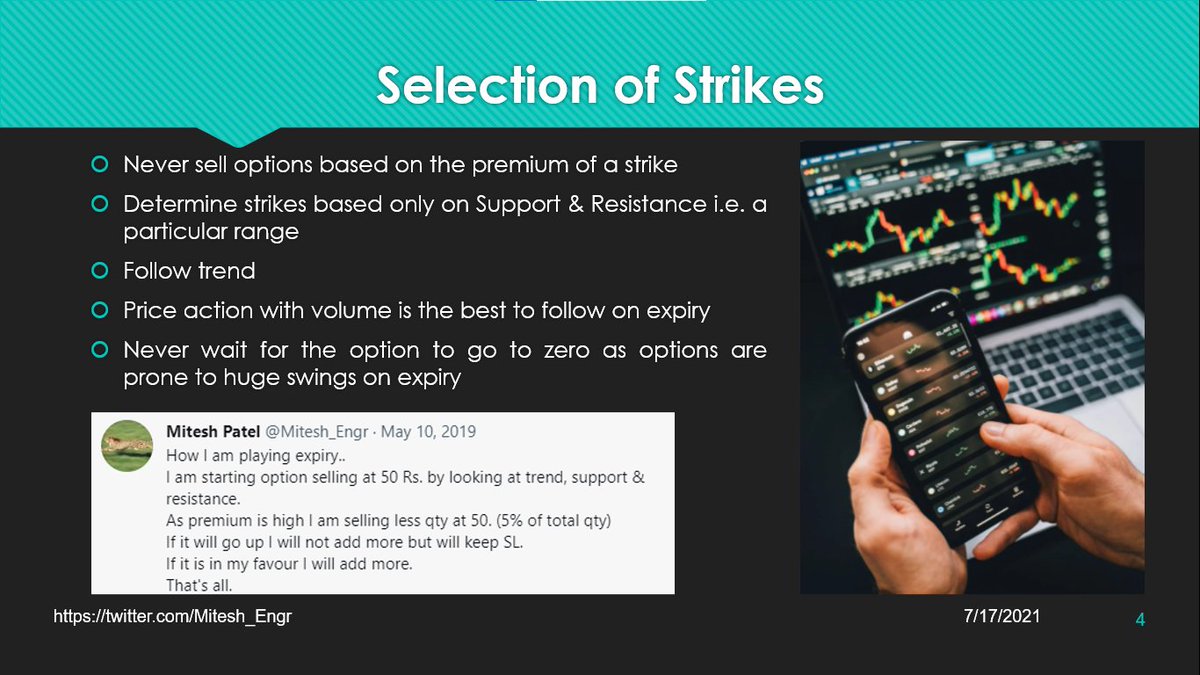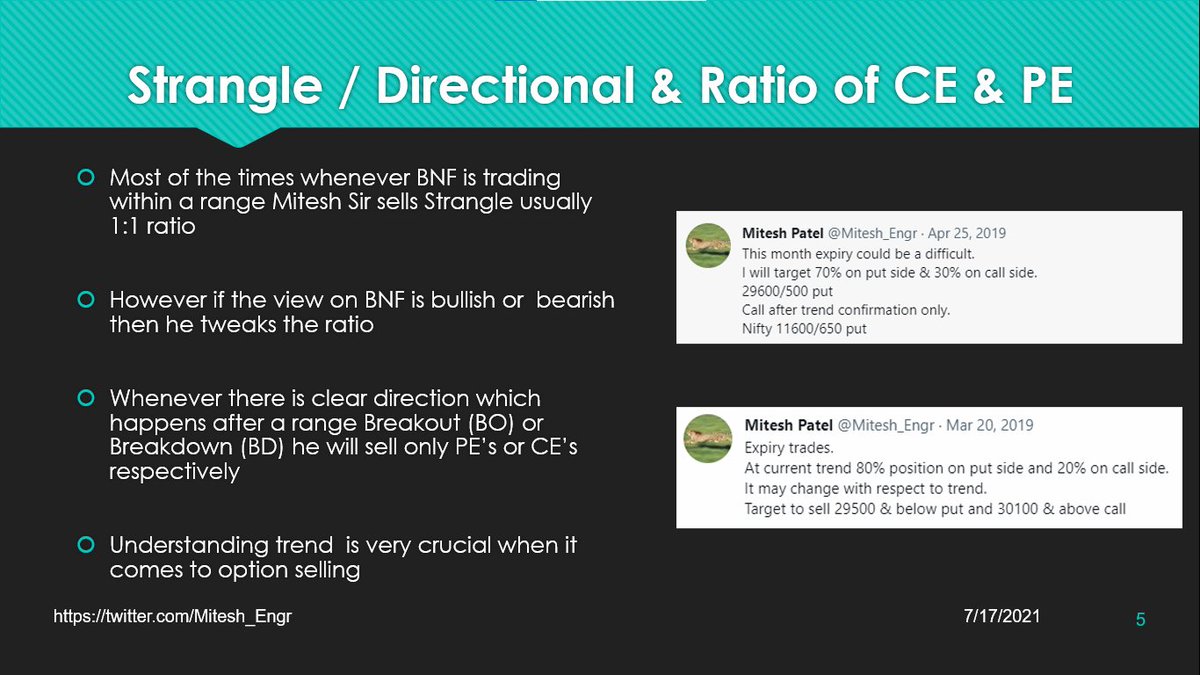With 85% unengaged, no wonder FIRE is all the rage.
If your goal is to retire early, you're missing out.
Here's why:
With 85% unengaged, no wonder FIRE is all the rage.
• to retire early and live a life of leisure
• work a long time at a job you find fulfilling and productive
52% answered to retire early.
But that 52% is missing the point.
Let me explain…
Which goal is more attractive to you?
— Kurtis Hanni (@KurtisHanni) September 16, 2022
Other nations followed suit and the modern-day retirement was born.
For those who have retired, 28% say they lack direction and feel isolated.
56% of Americans lose sleep worrying and thinking about retirement.
40% think financial security in retirement is unattainable.
So, how do we change this?
Ask: who is it impacting?
53% of people say they find fulfillment in their career/work beyond a paycheck, but only 15% are engaged?
We need to look for and celebrate those we’re serving.
You can’t truly know if the next stage will make you happy. Too often, it actually doesn’t.
The truth is, happiness is a choice.
Choose to find happiness where you’re at.
Framing often creates our reality. By dreading Monday, when something goes wrong just confirmed our dread.
Instead, think of your vacation as an opportunity to recharge and “reload” for your work.
We need to reframe our work into a pursuit of selfless fulfillment.
Then, when we change jobs or status, we’re not running from something.
We’re retooling to another pursuit of service.
This attitude means we're always "working," even if not paid.
I interviewed him for an episode of my podcast, which will be released on September 28th.
You can buy his book here: https://t.co/hy34Z1Brpr
And before you leave, retweet the first tweet of this thread to share it with your audience:
https://t.co/fUTkQJZxlc
If your goal is to retire early, you're missing out.
— Kurtis Hanni (@KurtisHanni) September 17, 2022
Here's why:
More from All
You May Also Like
Trending news of The Rock's daughter Simone Johnson's announcing her new Stage Name is breaking our Versus tool because "Wrestling Name" isn't in our database!
Here's the most useful #Factualist comparison pages #Thread 🧵

What is the difference between “pseudonym” and “stage name?”
Pseudonym means “a fictitious name (more literally, a false name), as those used by writers and movie stars,” while stage name is “the pseudonym of an entertainer.”
https://t.co/hT5XPkTepy #english #wiki #wikidiff
People also found this comparison helpful:
Alias #versus Stage Name: What’s the difference?
Alias means “another name; an assumed name,” while stage name means “the pseudonym of an entertainer.”
https://t.co/Kf7uVKekMd #Etymology #words
Another common #question:
What is the difference between “alias” and “pseudonym?”
As nouns alias means “another name; an assumed name,” while pseudonym means “a fictitious name (more literally, a false name), as those used by writers and movie
Here is a very basic #comparison: "Name versus Stage Name"
As #nouns, the difference is that name means “any nounal word or phrase which indicates a particular person, place, class, or thing,” but stage name means “the pseudonym of an
Here's the most useful #Factualist comparison pages #Thread 🧵

What is the difference between “pseudonym” and “stage name?”
Pseudonym means “a fictitious name (more literally, a false name), as those used by writers and movie stars,” while stage name is “the pseudonym of an entertainer.”
https://t.co/hT5XPkTepy #english #wiki #wikidiff
People also found this comparison helpful:
Alias #versus Stage Name: What’s the difference?
Alias means “another name; an assumed name,” while stage name means “the pseudonym of an entertainer.”
https://t.co/Kf7uVKekMd #Etymology #words
Another common #question:
What is the difference between “alias” and “pseudonym?”
As nouns alias means “another name; an assumed name,” while pseudonym means “a fictitious name (more literally, a false name), as those used by writers and movie
Here is a very basic #comparison: "Name versus Stage Name"
As #nouns, the difference is that name means “any nounal word or phrase which indicates a particular person, place, class, or thing,” but stage name means “the pseudonym of an
1/Politics thread time.
To me, the most important aspect of the 2018 midterms wasn't even about partisan control, but about democracy and voting rights. That's the real battle.
2/The good news: It's now an issue that everyone's talking about, and that everyone cares about.
3/More good news: Florida's proposition to give felons voting rights won. But it didn't just win - it won with substantial support from Republican voters.
That suggests there is still SOME grassroots support for democracy that transcends
4/Yet more good news: Michigan made it easier to vote. Again, by plebiscite, showing broad support for voting rights as an
5/OK, now the bad news.
We seem to have accepted electoral dysfunction in Florida as a permanent thing. The 2000 election has never really
To me, the most important aspect of the 2018 midterms wasn't even about partisan control, but about democracy and voting rights. That's the real battle.
2/The good news: It's now an issue that everyone's talking about, and that everyone cares about.
3/More good news: Florida's proposition to give felons voting rights won. But it didn't just win - it won with substantial support from Republican voters.
That suggests there is still SOME grassroots support for democracy that transcends
4/Yet more good news: Michigan made it easier to vote. Again, by plebiscite, showing broad support for voting rights as an
5/OK, now the bad news.
We seem to have accepted electoral dysfunction in Florida as a permanent thing. The 2000 election has never really
Bad ballot design led to a lot of undervotes for Bill Nelson in Broward Co., possibly even enough to cost him his Senate seat. They do appear to be real undervotes, though, instead of tabulation errors. He doesn't really seem to have a path to victory. https://t.co/utUhY2KTaR
— Nate Silver (@NateSilver538) November 16, 2018






























